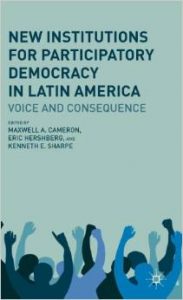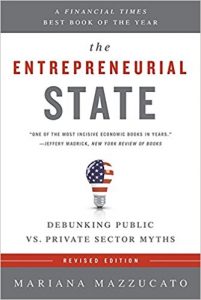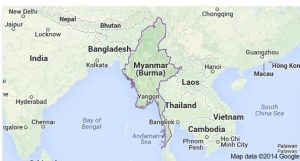GP2 “Towards Equitable and Sustainable Integrated Water Resource Management policies in Peru”– Reflection paper 1
“Seek truth from facts” (Chinese expression)
I have learned during my MPPGA to think about solve problems looking for the facts and evidence. I try to explore how the new knowledge that I am learning during this program is linked with real cases that in my country and in the world in general. For example, my process starts by taking a problem exposed in the classes, doing the readings and try to think what are the ways to solve this issue in a critical way and with a criterion of equity and the common good.
In my thought process, sometimes, it happens to me that by wanting to think in a different way or looking for new frameworks and tools to solve public policy problems I find myself in a moment where I do not have the concepts and the right tools to go deeper into the phenomenon. I suppose that with more time, study and experience I will be able to find those novel answers. For now, I try to maintain a balance between what I teach and learn by my story in the world of public policies and I feel to seek new horizons to understand and solve the pressing problems that the world and my society pose to me.
In a more concrete way, I always try in my process of weighting and solving public policy problems to know what are the paradigms that are behind and why certain frameworks and tools for action. That is, in the case of the Project with ANA I have tried to decipher what the Integrated Water Resource Management paradigm means, what are the concepts, tools and methods that are proposed to advance the democratization of water in the world and that is so relevant for the Latin American reality, a region where inequality and structural inequality is the largest in the world.
I believe that the course of GPP 590 A has been very interesting so far, especially because it allows us to interact in a more creative and team-based way around a problem of public policies. It is not a typical class in which a single subject transmits knowledge, but this policy studio environment invites us to recognize ourselves as creators and carriers of public policy knowledge.
Now, I recognize that I still have a hard time understanding the relationship between the method of design thinking and creativity for innovation and the other approaches and tools that we have acquired throughout the program for the analysis and resolution of public policy problems in general.
In this sense, I believe that another very valuable aspect of GP2 has been to be able to apply the quantitative and qualitative tools acquired during the first year of study in the program to a real case. I find it interesting to see how the field of action of public policies goes beyond the quantitative aspect of a problem. If there is a characteristic that I can observe in the design process, elaboration of a public policy is that it is dynamic and not static. For example, I have been able to see how all the different parts of the analysis and problem resolution framework of public policies interact with each other, rather than being linear, one-dimensional processes.
Finally, I have been able to reflect on the challenges posed by this process of elaboration of a public policy proposal aimed at water management in a country like Peru. For example, it is challenging to be precise in the definition of the problem that we would like to analyze and make a proposal for change in the context of the National Water Authority. Likewise, it is another challenge for me to think how we are going to interact in an effective way with a reality like Peru when our interlocutors are public actors. Specifically, as a future policy maker specializing in development and social change in Ecuador and in the Latin American context, I hope to learn to incorporate criteria of equity and inclusion in the process of design, elaboration and implementation of public policies.










